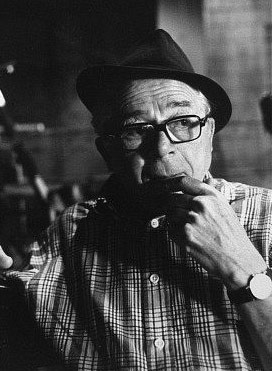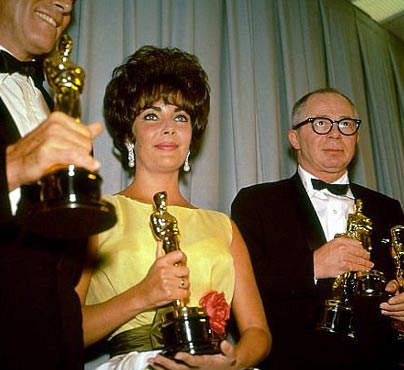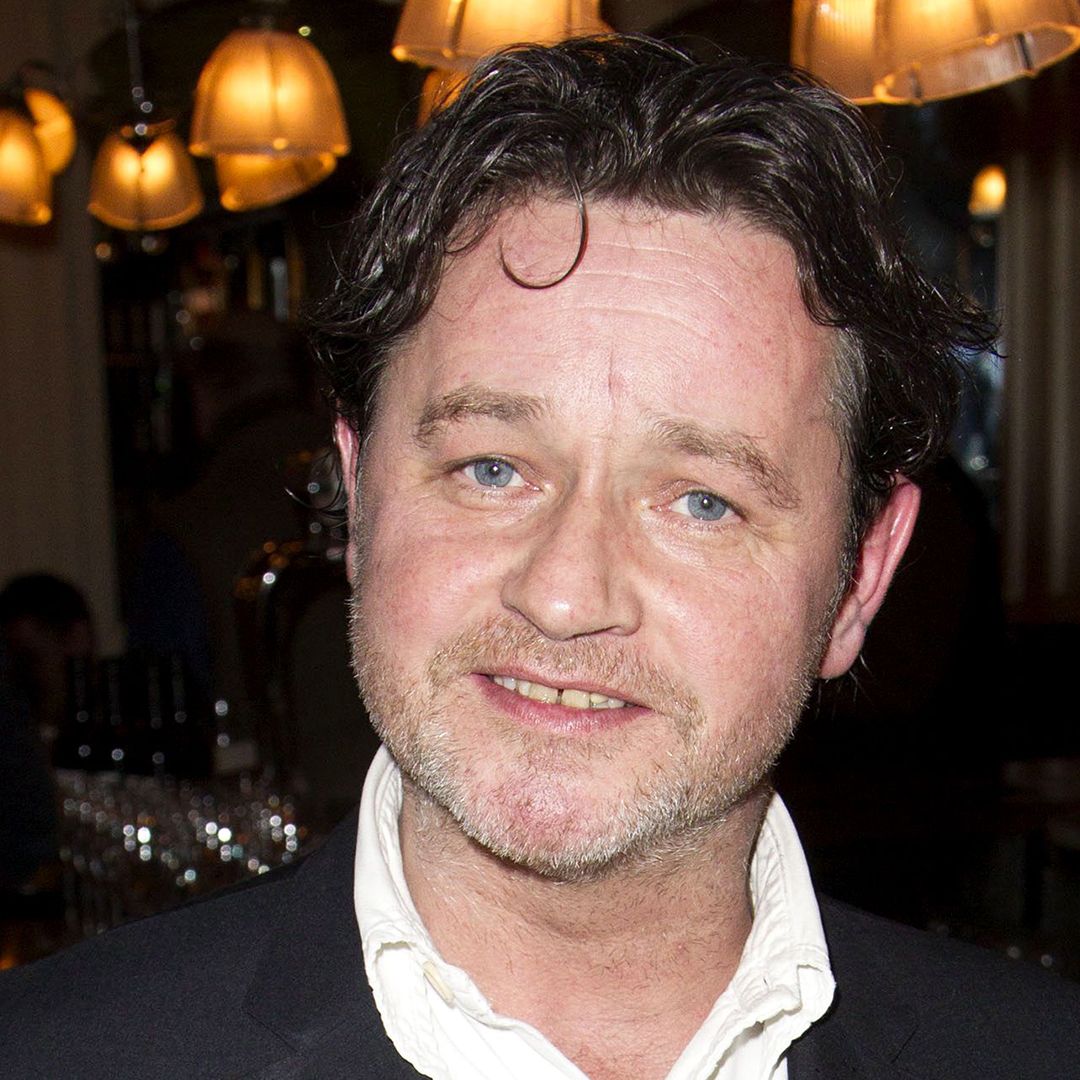Hollywood legend Billy Wilder – the Austrian-born film-maker whose gift for writing and directing led to such films as Sunset Boulevard and Some Like It Hot – has died aged 95.
Wilder passed away in his sleep at his Beverley Hills’ home after suffering a bout of pneumonia, said long-time friend producer George Schlatter.
One of the last survivors of the so-called Golden Age of Hollywood, Wilder enjoyed a remarkable career spanning six decades. Known for his cynical world view, Wilder was the man behind such classics of American cinema as 1944's Double Indemnity, The Lost Weekend in 1945, and the 1960 comedy The Apartment.
His wry commentaries on life, love, authority and fame helped to shape the art of film-making for the generations to come and forged the careers of some of Hollywood’s greatest stars, including Jack Lemmon, William Holden, and Audrey Hepburn. Wilder was nominated for 21 Academy Awards, winning a total of six times. Both The Lost Weekend and The Apartment won Best Picture Oscars.
Wilder was also noted as one of Hollywood’s finest wits, once remarking of post-war France that, “It’s a country where you can’t tear the toilet paper but the currency crumples in your hands”.
He was born Samuel Wilder on June 22, 1906, in Sucha Beskidzka – now part of Poland but then some 200 miles from Vienna in the fading years of the Austro-Hungarian Empire. In his early years, Billy - as he was nicknamed by his mother - showed little sign of his future role as a major cinematic influence. Initially studying law at Vienna University, he later dropped out to become a journalist.
In 1926 Wilder moved to Berlin, where he worked as a reporter and indulged his fascination with cinema by writing the dialogue cards to silent films. When Adolf Hitler and the Nazi Party came to power in 1933, Billy – who was Jewish – saw the writing on the wall and fled to Paris. From there he moved to Hollywood, despite speaking no English. He tried to persuade his relatives to join him, but they refused. Many, including his mother, grandmother and step-father, would later die at Auschwitz.
At first Wilder made his name as a writer at Paramount Studios, where he was teamed with New York literati Charles Brackett. Together the pair were nominated for three Oscars and would stick together until 1950, when Billy teamed up with IAL Diamond.
He began directing in 1942 with The Major And The Minor, and was recognised as a force to be reckoned with following the release of the 1944 film noir classic Double Indemnity. From there on in he never missed a beat, knocking out both hilarious comedies and dark dramas with apparent ease.
“Making movies is little like walking into a dark room,” he once mused. “Some people stumble across furniture, others break their legs, but some of us see better in the dark than others. The ultimate trick is to convince, persuade. Every single person out there is an idiot, but collectively they’re a genius.”
In his final 20 years, Wilder was showered with honours, including the Motion Picture Academy’s Irving Thalberg award in 1988 and a lifetime achievement award from the American Film Institute (AFI) the same year. Four of his films made the AFI list of 100 best American movies of the Twentieth century and Some Like It Hot was picked the funniest film of all time.
Wilder is survived by his wife Audrey, whom he married in 1949.
 Photo: © Alphapress.com
Photo: © Alphapress.com
 Photo: © Alphapress.com
Photo: © Alphapress.com








